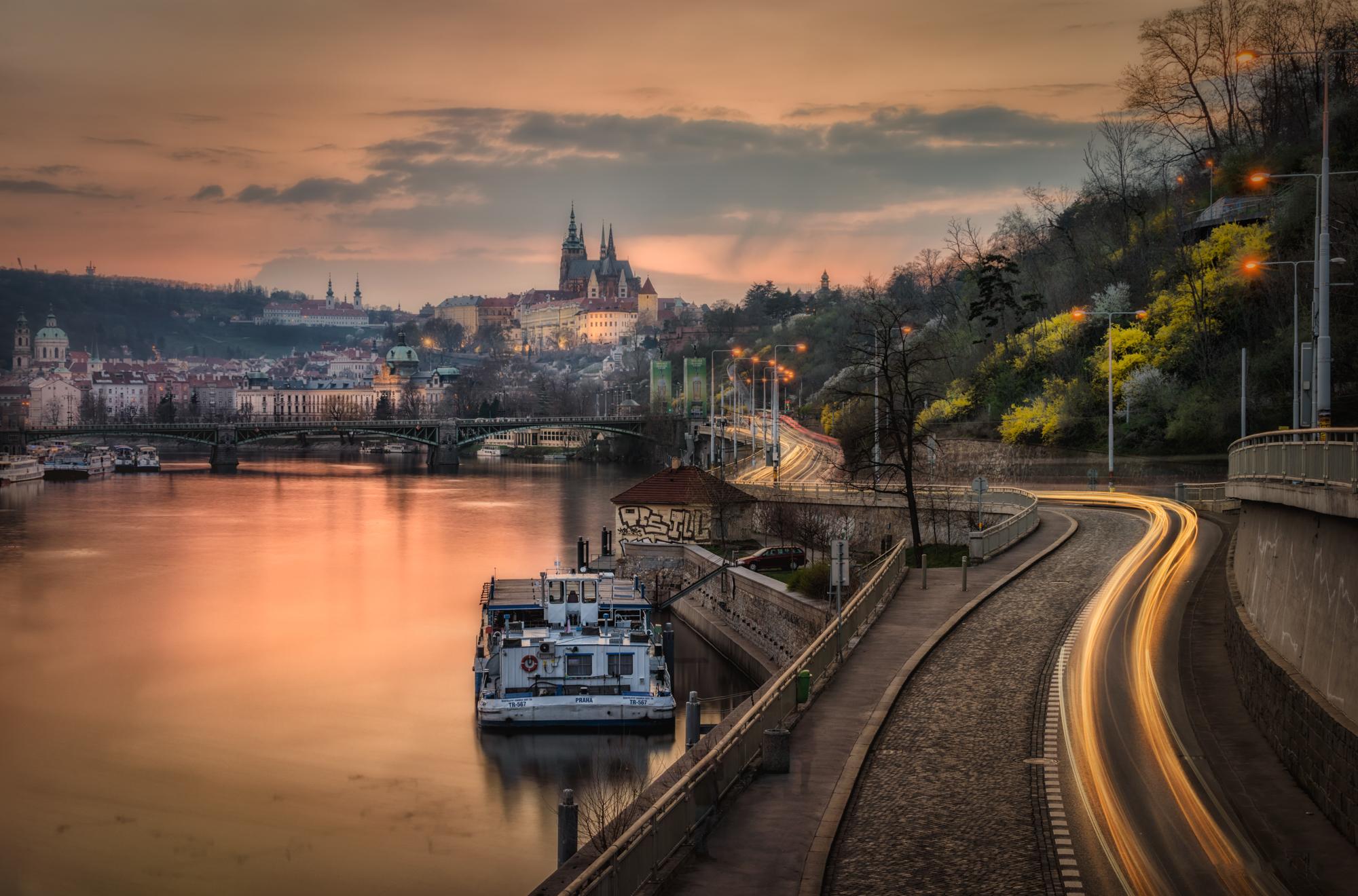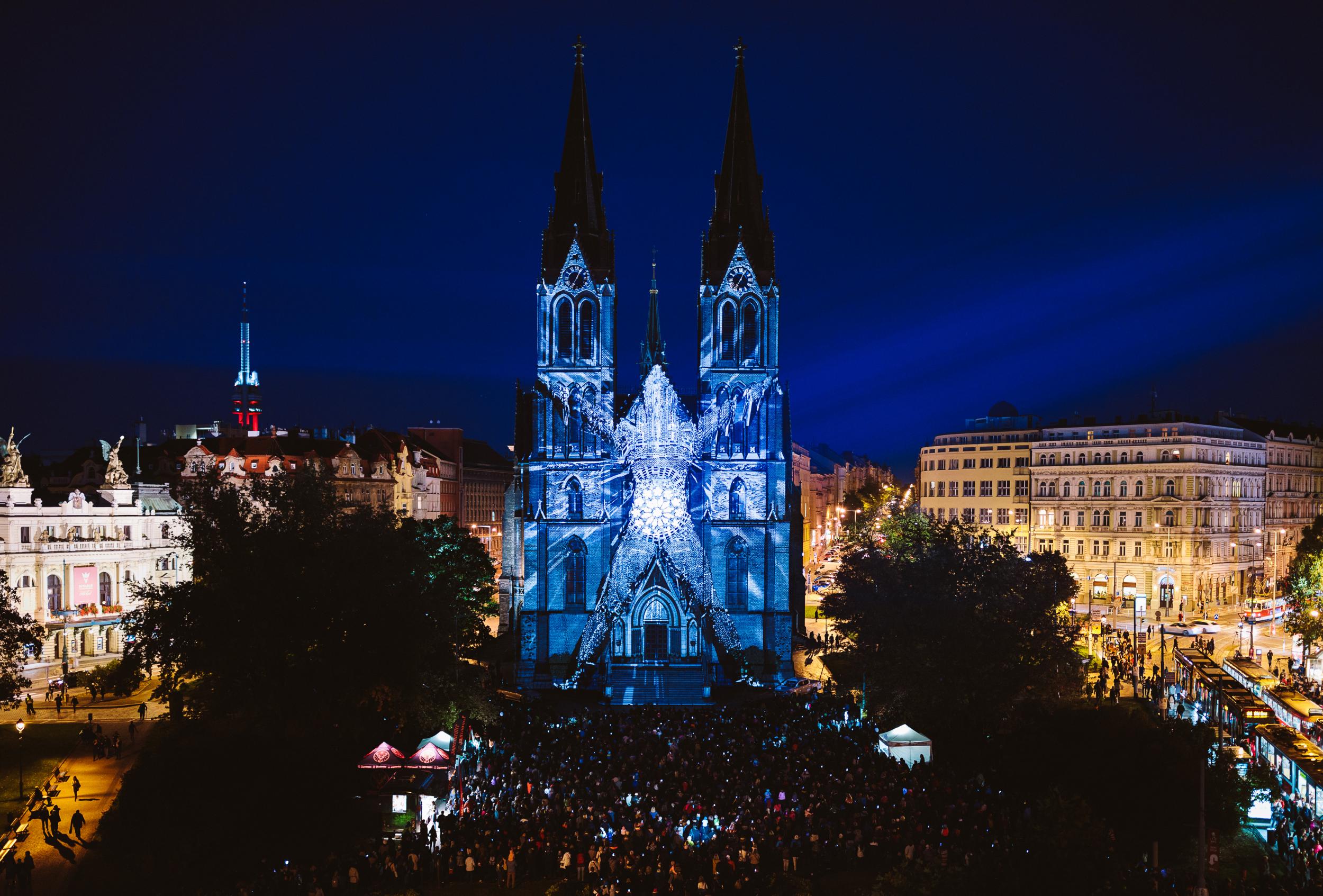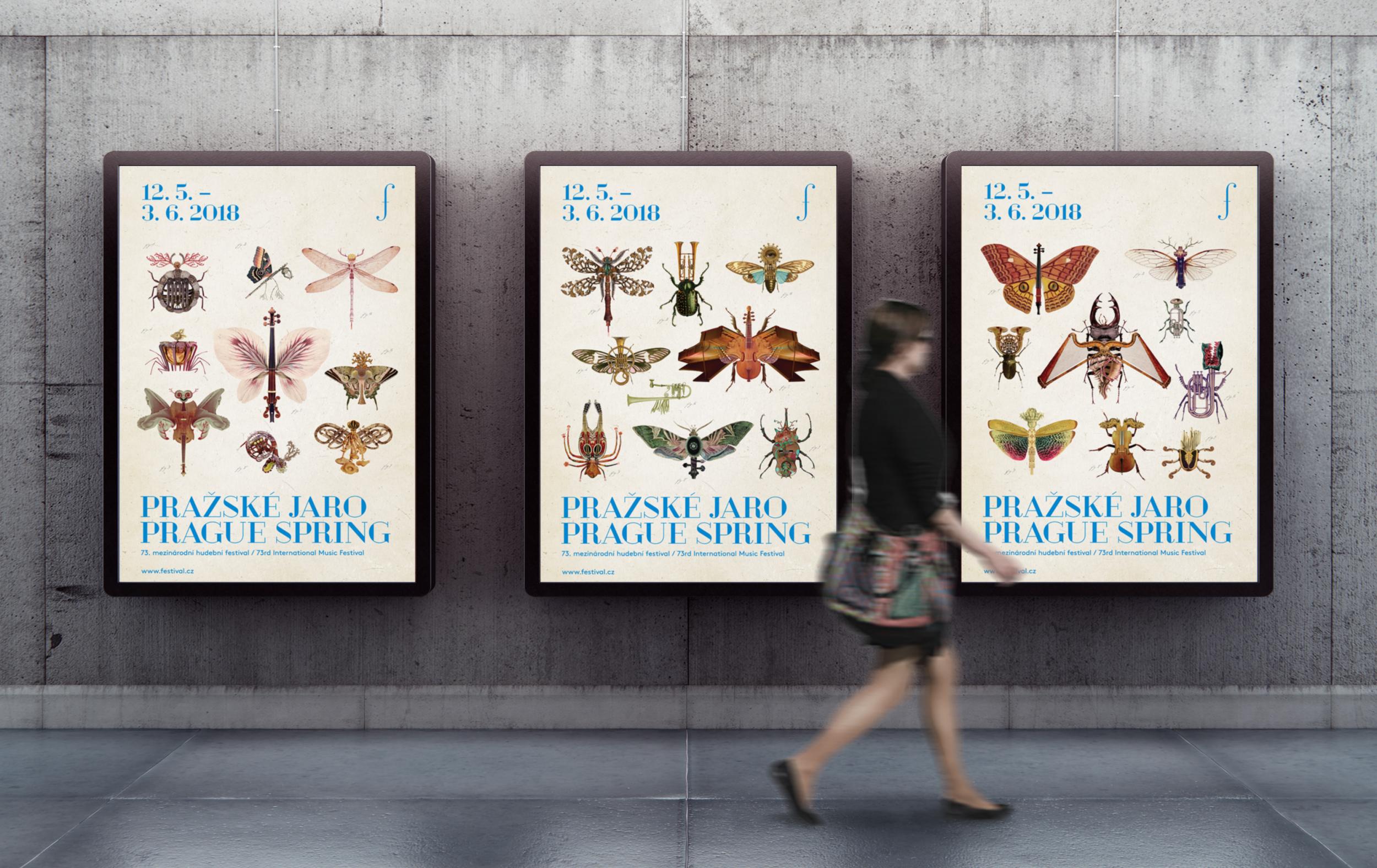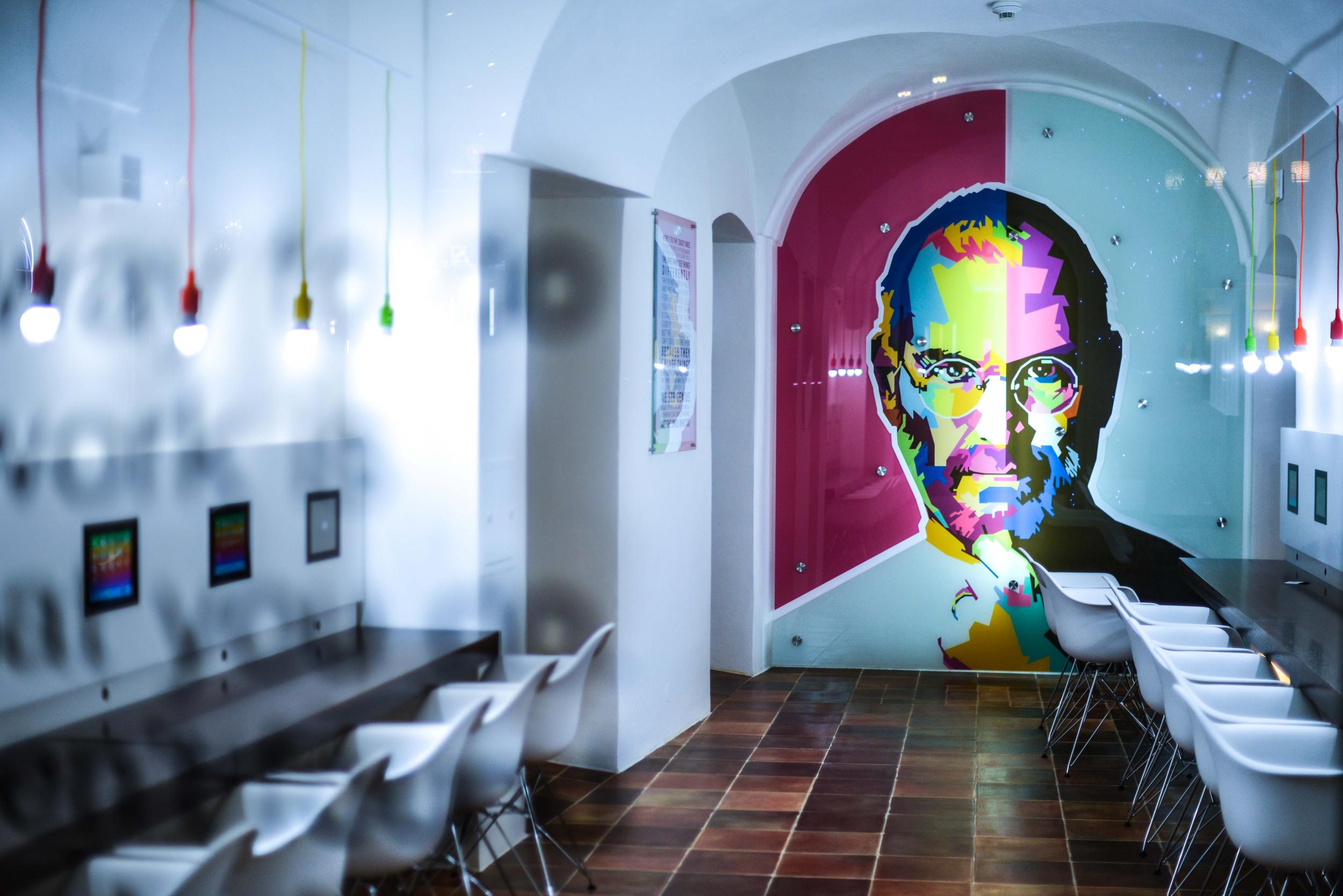Prague: Why 2018 is the year to visit the Czech capital
With two major anniversaries coming up, and a blossoming food scene, Prague's the place to be in 2018

Your support helps us to tell the story
From reproductive rights to climate change to Big Tech, The Independent is on the ground when the story is developing. Whether it's investigating the financials of Elon Musk's pro-Trump PAC or producing our latest documentary, 'The A Word', which shines a light on the American women fighting for reproductive rights, we know how important it is to parse out the facts from the messaging.
At such a critical moment in US history, we need reporters on the ground. Your donation allows us to keep sending journalists to speak to both sides of the story.
The Independent is trusted by Americans across the entire political spectrum. And unlike many other quality news outlets, we choose not to lock Americans out of our reporting and analysis with paywalls. We believe quality journalism should be available to everyone, paid for by those who can afford it.
Your support makes all the difference.The Czech Republic is gearing up for a year of celebration. For starters, 2018’s New Year’s Day fireworks also marked the 25th anniversary of the Velvet Divorce, when Czechoslovakia peacefully divided into the Czech Republic and Slovakia in 1993. But you haven’t missed anything – the party continues with events throughout the year commemorating 100 years of Czechoslovakia’s formation on 28 October. Here’s what’s happening.

Festivals of light
Each October, lights dance across Prague’s architectural landscapes and glowing art installations line the streets for the Prague Signal Festival. In just five years, the largely free outdoor exhibits have grown into the largest cultural event in the country, attracting over two million attendees. In 2018, a new, related event will also brighten the month of February with a video mapping performance exploring the ornate walls of Dvorak Hall inside the Rudolfinum for the first time. A live symphony orchestra will provide a soundtrack of Smetana, Dvorak and Tchaikovsky.
Michelin-starred food
Prague’s rapidly expanding food scene is finally gaining recognition – there are now 34 Michelin-recognised restaurants, including three with one star (Field, Alcron and La Degustation Boheme Bourgeoise – book well ahead). More interesting is the excellent showing in the “Bib Gourmand” category of affordable excellence. Try some chlebicky (open-faced sandwiches) at Eska or pair Scotch eggs with a local microbrew at Maso a Kobliha (meat and doughnuts).
For a more in-depth lesson on Czech cuisine and its cultural connections, book a culinary experience with Eating Prague (from £60). These locally run food tours offer a daytime walk through Old Town, an evening route beneath the Prague Castle, a craft beer tour or a private cooking class.
Classical music
Classical music is integral to the Czech identity, from the country’s own wealth of composers to Mozart’s love of Prague’s Estates Theatre. The 2018 Prague Spring International Music Festival in May and June will honour the 100th anniversary of the birth of American composer Leonard Bernstein. Even better, Prague was recently named Europe’s most affordable capital city for a cultural experience so tickets won’t break the bank.
Founding fathers
Thomas Garrigue Masaryk, founder and first President of Czechoslovakia in 1918, was a fascinating man. In addition to negotiating Czechoslovakia’s break from the Austro-Hungarian Empire after World War I, Masaryk married an American woman, Charlotte Garrigue, and took her maiden name as his middle name in 1878. Learn more about this controversial figure at an exhibit at the New Building of the National Museum until 31 January 2018.
Meanwhile, you’ll find traces of Vaclav Havel, the Czech Republic’s first President, throughout the city. The airport is named after him, and a glowing red heart in Vaclav Havel Square (between the National Theatre and New Stage) pays tribute to him, as does a plaque at Reduta Jazz Club, where Havel famously graced the stage with a saxophone-playing Bill Clinton. Pay tribute to the playwright-turned-politician with coffee at Cafe Slavia, one of his favourite haunts.

Fringe theatre
Since 2014, the Cimrman English Theatre company has been working to break language barriers with English versions of classic Czech comedic gems like The Stand-In and Conquest of the North Pole regularly selling out the Cimrman Theatre (named after a famous fictional character) in Prague’s Zizkov neighbourhood. The company recently added a new translated play, Pub in the Glade, to their repertoire – performances are scheduled from February to June 2018.
Meanwhile, the 2018 Prague Fringe Festival runs from 25 May to 2 June. This nine-day, English-language arts extravaganza offers all the fun and international talent of its Edinburgh inspiration but with a more intimate vibe, unique performance spaces in historical buildings and cheaper tickets – roughly £5 per show.

Geeking out
Fairytale setting aside, Prague’s modern charm is defined by its relative lack of pretension and enthusiastic embrace of nerdy pleasures. Look no further than the Star Wars fans who painted a bomb shelter to resemble R2D2 at the end of 2017 and who created an ice sculpture exhibit of Star Wars characters at nearby ski resort Spindleruv Mlyn (running till the end of March). The past decade has also seen the addition of the self-proclaimed world’s largest Lego Museum, a cafe run entirely on Bitcoin, an unofficial Apple Museum in tribute to the genius of Steve Jobs and a newly opened boardgame cafe with over 500 games to choose from, Bohemia Boards and Brews.
Health kicks
The Czech Republic seems to have made a resolution for a healthier new year, which will mark the first full year of the May 2017 smoking ban. Through the dissipating haze, visitors will find a clearer view of some of the health-focused events around the Czech capital. Runners take to the cobblestoned streets for the Prague half marathon in April (the 2017 event included a new world record) and a full marathon in May 2018.
A vegan and vegetarian movement is also clawing its way to popularity in this meat-heavy city. The Veggie Naplavka group organises vegan and vegetarian food festivals at the Naplavka riverbank, a foodie hot spot known for farmers’ markets and culinary events, usually around May and September. For a veggie-friendly meal year-round, try Etnosvet or Lehka Hlava (“clear head”) or the vegetarian brunch at Radost FX.
History lessons
This year, Prague Castle will host a series of exhibitions called FOUNDED 1918 leading up to the October anniversary. From February to July, a historical labyrinth will take visitors back in time, with displays spanning the 1950s, both World Wars and the kingdoms of the Austro-Hungarian Empire. June to October will shift the focus to the Prague Castle Guard.
Multiple Czech organisations have also compiled living history outlets to complement the upcoming anniversary. The Memory of Nations internet portal has collated memories of those who witnessed major Czechoslovak events of the 20th century. For an organised, user-friendly overview of life in Communist Czechoslovakia, try the recently launched Socialism Realised website to get your bearings.
Makeovers
Some of Prague’s most famous sites are getting intensive makeovers in preparation for the centenary celebration. The astronomical clock and town hall in Old Town Square start 2018 under a layer of scaffolding as the city works to repair damage sustained in Prague’s 1945 bombing. The clock face itself is scheduled for removal from around January to July of 2018, but autumn arrivals will be treated to a sparkling, refurbished view of the more than 600-year-old attraction.
Prague’s National Museum on Wenceslas Square has also been closed to the public for extensive renovations since 2011. There are plans for at least a symbolic reopening in October 2018.
Beyond Prague
For a deep dive into Czech culture, swap Bohemia for Moravia, the eastern region of the country. From 20 September to the end of the year, the Olomouc Museum of Art will host an exhibition about the turbulent years from 1908-1918, called Years of Disarray: Between Anxiety and Delight. The city of Olomouc also offers spire-topped churches, ornate fountains and Baroque columns decorating its public squares, plus far more room to breathe than in Prague’s tourist-loved Old Town.
Join our commenting forum
Join thought-provoking conversations, follow other Independent readers and see their replies
Comments